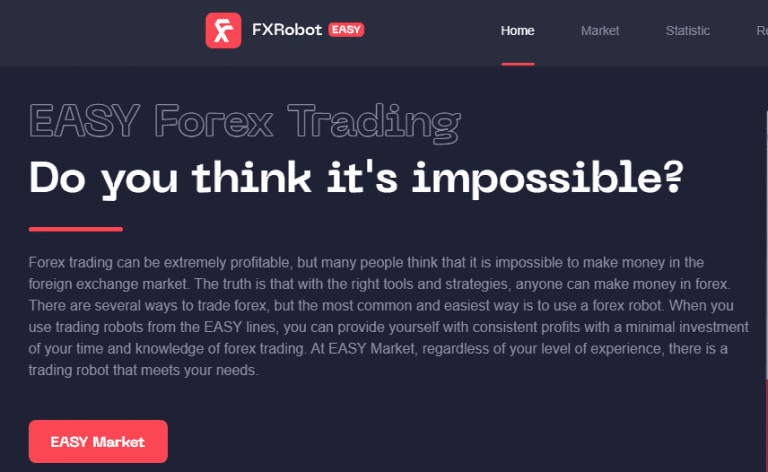Forex Trading: Non Marketable Securities
Forex trading, like all forms of investing, includes trading in non-marketable securities. These securities are not readily available in the financial markets and are more complex than typical stocks or other investments. All investors must understand both the risks and rewards of investing in non-marketable securities, as well as what it requires to make a successful trade.
Non-marketable securities are often referred to as “over the counter” (OTC) securities. They are generally not publicly traded on an exchange, although they can be bought and sold on overseas regulated markets. This means the security must be subject to the applicable laws and regulations of the country where it will be traded. This can be difficult to assess without expert advice, which is why it’s important to use a reputable brokerage firm when trading in this type of security.
What to Consider When Trading Non Marketable Securities
When trading non-marketable securities, there are certain considerations investors should be aware of. It’s important that all investors understand the risks associated with these trades. These securities have limited liquidity and often trade at higher prices than those listed on exchanges. It’s important to know the degree of risk associated with each particular security before committing to a trade.
In addition, investors must also be aware of the potential for fraud and manipulation. These securities have less oversight than those listed on exchanges and can be vulnerable to price manipulation. This makes it essential to perform thorough due diligence on any non-marketable securities you are interested in.
Lastly, non-marketable securities trades are often more complex than those listed on exchanges and require more specialized knowledge and skill. It’s important to have a good understanding of the trading process, the security in question, and the risks and rewards associated with it before making any decisions.
Benefits of Trading Non Marketable Securities
Despite the inherent risks, non-marketable securities also have their advantages. These securities typically come with higher returns than those listed on exchanges, as they aren’t subject to the same levels of scrutiny as those listed on exchanges. This makes them attractive to experienced investors who are looking for greater returns.
In addition, these securities can also be more accessible to small investors than those listed on exchanges due to their lower trading costs. This is due to their lower liquidity, as investors don’t have to deal with the same levels of market volatility when trading in non-marketable securities.
Conclusion
Non-marketable securities can be a viable option for investors who understand the risks and rewards associated with them. While there may be higher potential returns, these investments also come with higher levels of risk. It’s essential to do your research and understand the security in question before investing, as well as to make sure you are working with a reputable and reliable broker. By understanding the risks and rewards of non-marketable securities, investors can make more informed decisions when trading in the forex market.
Introduction to Non-Marketable Securities
Non-marketable securities are financial instruments with restricted or limited liquidity. These securities are not traded on major stock exchanges such as the NASDAQ or NYSE and can only be traded on over the counter markets. Regulated securities, restricted properties and private stock offerings are all examples of non-marketable securities. These instruments are not listed on large exchanges as the liquidity of these securities is extremely limited.
Perhaps the biggest restriction of these securities is that individual investors cannot buy or sell them on major stock exchanges. Non-marketable securities are also not included in the main indexes and price tickers that are available to the general public. As a result, it can be difficult to obtain accurate pricing and volume data for non-marketable securities.
Understanding the Regulations and Risks of Non-Marketable Securities
The regulatory framework for non-marketable securities can be complex and difficult for investors to understand. These instruments are not subject to the same level of scrutiny and disclosure requirements as the securities traded on major stock exchanges. As a result, investors should perform additional due diligence into the issuer of a non-marketable security to protect against fraud and other investment risks.
Investors can also face additional risks associated with the illiquidity of non-marketable securities. Due to the lack of buyers and sellers, it can be difficult to find a counterpart to transact with. Additionally, when an investor is able to find a trading partner, the trade is usually done at a different price than the last-traded price due to the lack of market depth.
Benefits of Non-Marketable Securities
For the right investor, non-marketable securities can offer significant advantages over their more liquid counterparts. These instruments usually offer a higher potential rate of return as investors are willing to accept a higher level of risk to capitalize on opportunities in the private markets. Many of these securities can offer investors a greater level of control over the company and a more direct role in the company’s operations.
Investors can also find non-marketable securities to offer a greater degree of diversification through your portfolio. Unlike exchange-traded securities, non-marketable securities offer unique exposure to different asset classes and industries. Investors can diversify their portfolio by investing in the private markets to gain access to businesses or markets that are usually not available on a public exchange.
Non-marketable securities can often offer investors an advantageous entry point for what could turn out to be a successful exit. Private investments are the foundation for many of the largest companies in the world, and investors with access to non-marketable securities may benefit from timing and other opportunities that are usually only available to high net worth individuals.












